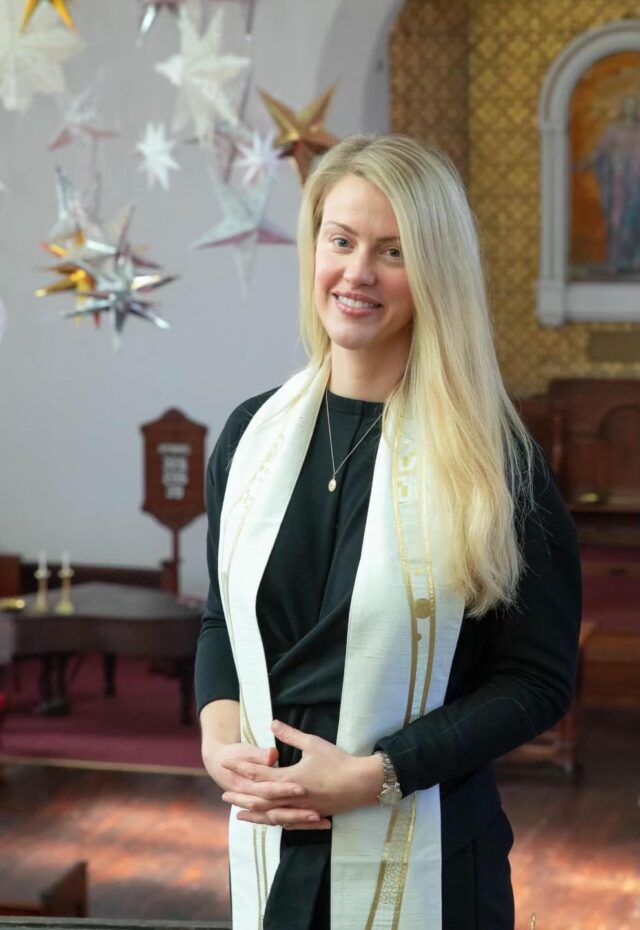By Audrey Valenzuela | Staff Writer
Baylor alumna Rev. Kathryn Beilke unites environmentalism and religion through her position at Beyond Plastics.
Judith Enck founded Beyond Plastics to tackle plastic pollution through organization, education, advocacy and policy change, according to Communications Director Melissa Valliant. Getting policies passed has been a challenge due to the country’s division, but the team has continued to address these concerns on a federal level to grab lawmakers’ attention.
“We work on addressing plastic pollution by reducing the production and use of unnecessary plastic and we do that primarily through policy change on the local, state and federal level,” Valliant said. “The country is pretty divided, so it’s been a challenge on the federal level, but we’re seeing lots of progress on the local and state level with single-use plastic bans like bag and polystyrene bans.”
The organization works with cities and states around the country to get bills such as the Packaging Reduction and Recycling Infrastructure Act of New York passed. Valiant said it takes a lot of time and work to pass such bills, but it would be the country’s most comprehensive plastic reduction policy.
Beilke said she plans to support this project by connecting with individuals and groups in New York, encouraging them to write letters to the assembly informing them why plastic pollution is an issue and how the problem should be resolved.
While a student at Baylor, Beilke studied religion and social work, where she found Dr. Paul Martens’ environmental ethics course to be an inspiration. After graduating in 2007, she attended Princeton Theological Seminary and later served as an ordained Presbyterian minister in the church of Hudson Valley, N.Y. for 10 years. It was there that Beilke said she saw God “heal her relationship with the earth.”
Beilke said she was then given the opportunity to work as a coordinator of interfaith partnerships with Beyond Plastics to spread awareness of pollution.
“What I’m trying to do in this role is build a bridge between the people who want to be able to do something because their faith commitments have motivated them to care for our planet, but they need [a] vehicle to drive change,” Beilke said.

According to Valliant, Beilke has brought a unique view of the intersection between environmentalism and religion to Beyond Plastics, and Valliant herself has learned from it.
“I’m excited to see how she brings in the plastic pollution fight to encompass people who are already working on the issues,” Valliant said.
It’s easy to become unaware of how much plastic is used daily by individuals when they aren’t focused on the issue, Beilke said. It all starts with becoming conscious of how much waste one produces. As a parent, Beilke said she saw a growing concern for the lack of alternatives to plastic packaging and was motivated to reduce her use of plastics.
“I decided four years ago that I would fast from plastics for lent and it was an enormous challenge. I encourage any person of any faith that fasts as part of their tradition to take on that challenge for 40 days to not use any plastics,” Beilke said. “It’s an eye opener and grows your consciousness of how dependent we are on disposables in our culture and the convenience that disposables provide.”
Many individuals aren’t aware of the amount of plastics they use in their daily lives, according to Beilke. The New York Times reports the average American uses and discards of 110 pounds of plastic each year.
Becoming consciously aware of what we are putting our food in and throwing away, Beilke said, could be the start of a healthier environment and lead to the use of alternative packaging that is biodegradable.
“I hope to see more communities of faith become part of our local groups and affiliate network,” Beilke said. “There are committees, churches, synagogues and faith communities of all faiths working on creation care and environmental justice.”



